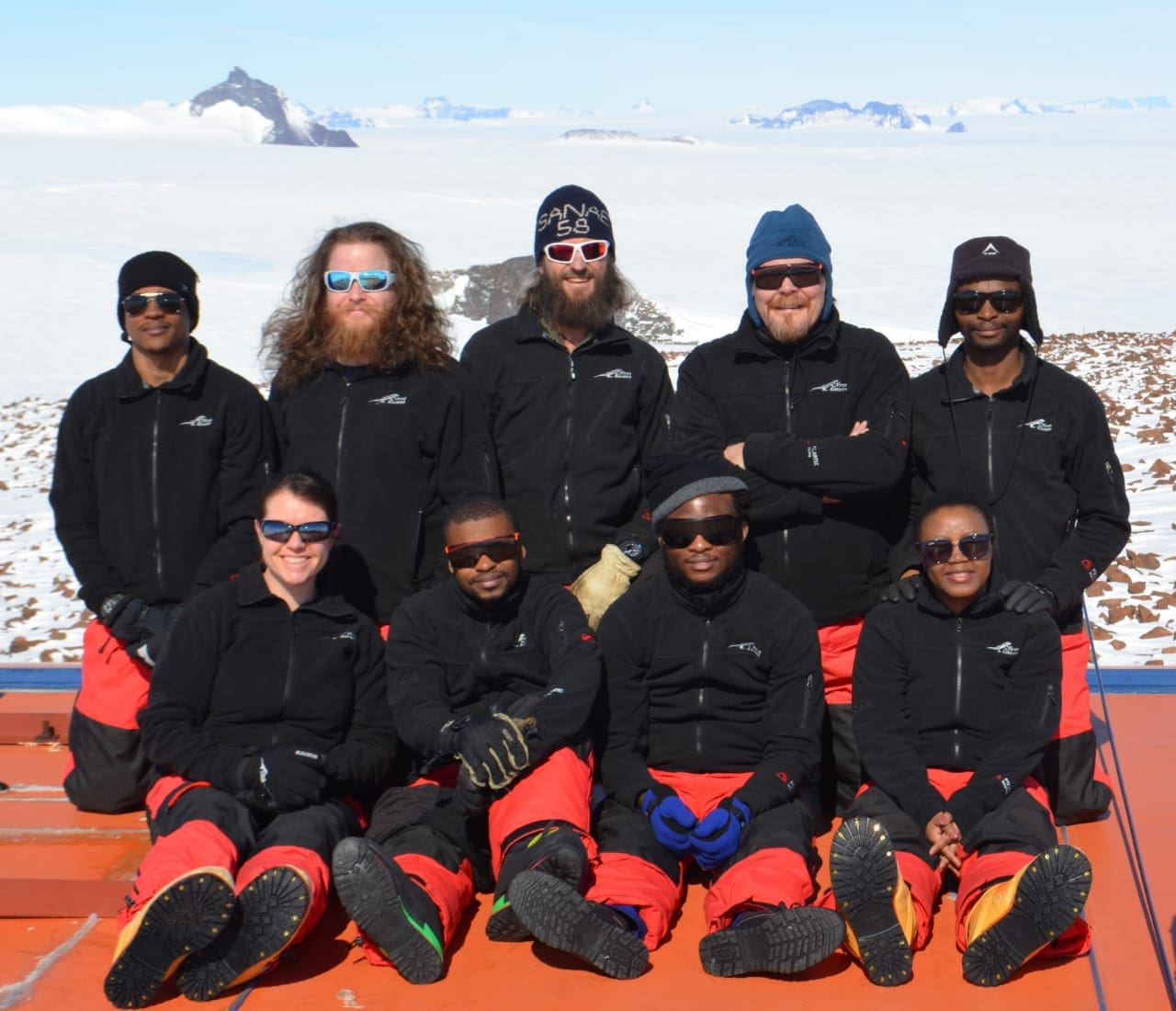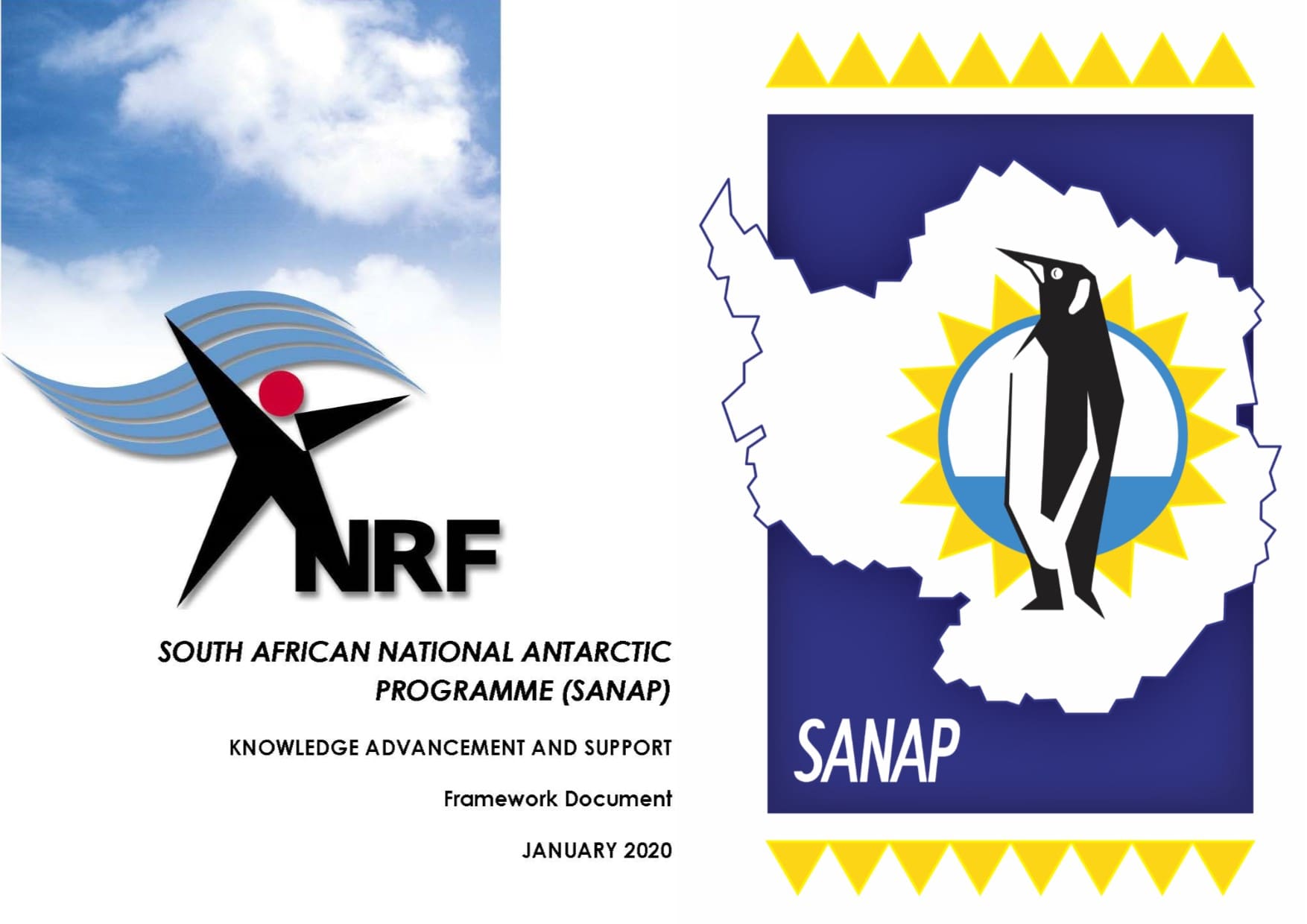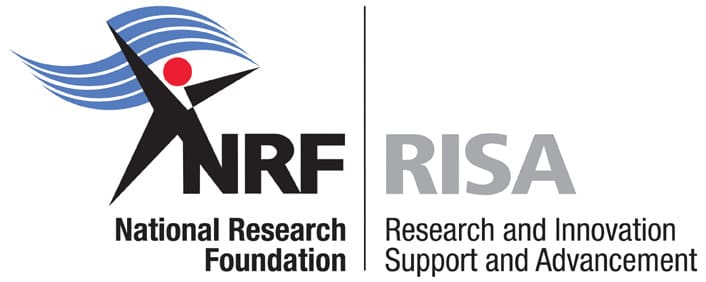
by Ria Olivier | Mar 20, 2020 | Announcement, Marion Island, News, Overwintering Team
The Department of Environment, Forestry and Fisheries (DEFF)  clarifies the recent evacuation of the Marion Island 76 over-wintering members
clarifies the recent evacuation of the Marion Island 76 over-wintering members
Media Release 13 March 2020: During the recent return leg of the SANAE 58 voyage, South Africa’s polar research vessel, the SA Agulhas II had to be rerouted to Marion Island for the urgent medical evacuation of a member of the Marion 76 over-wintering team.
The decision to evacuate the team member resulted from an independent medical report compiled by a medical specialist from the South African National Defence Force. Following long distance consultations with the team member concerned, and the team leader, the specialist recommended urgent evacuation of the team member, in the interest of the particular member and the team as a whole. His conclusions were that the existing first aid services on the island could not diagnose and appropriately treat the member, who required urgent professional assistance.
The member’s partner was also evacuated on compassionate grounds. We request the media and members of the public to respect these members’ rights to medical confidentiality.
Two other members were included in the repatriation. Their cases are not linked to the one above. The decision to include a third person followed the failure of remote disciplinary action to correct ongoing misconduct. His employer had requested that if an opportunity presented itself, they would want the individual to be repatriated.
A fourth person requested to leave the island to attend to a family emergency.
In looking for a suitable way to comply with the need for urgent medical evacuation, the department considered a range of options. The most cost effective option was to divert the SA Agulhas II, which was returning from a voyage to Antarctica, via Marion Island.
The Department initially paid the full cost of the evacuation which amounted to R2, 8m. There was a clear notification to all institutions responsible for the team members being evacuated, that the Department will require costs to be shared amongst the parties, either through the institutions’ own budgets or through insurance claims. The Department has to date partially recouped costs incurred from one of the institutions and is currently in discussions with others to recover the rest.
Expeditions to SANAP comprises of a range of members from the following organisations: Department of Environment Forestry and Fisheries, SA Weather Service, SA National Space Agency, University of Pretoria, Nelson Mandela Metropolitan University, University of Fort Hare, University of Stellenbosch, University of Cape Town and University of KwaZulu Natal.
It is common knowledge that South Africa’s Antarctica and Islands research bases are isolated and climatically harsh environments and all expedition members suffer hardship. Accordingly, every effort is made to screen candidates and prepare them for the hardships they will encounter. Recommendations to improve the screening process for future candidates will be included in the new contracts with our sister organisations once the current three-year contracts expire in June 2020.
Also read article: SAMHS specialist integral to Marion island evacuation

by Ria Olivier | Mar 12, 2020 | Announcement, Gough Island, Jobs
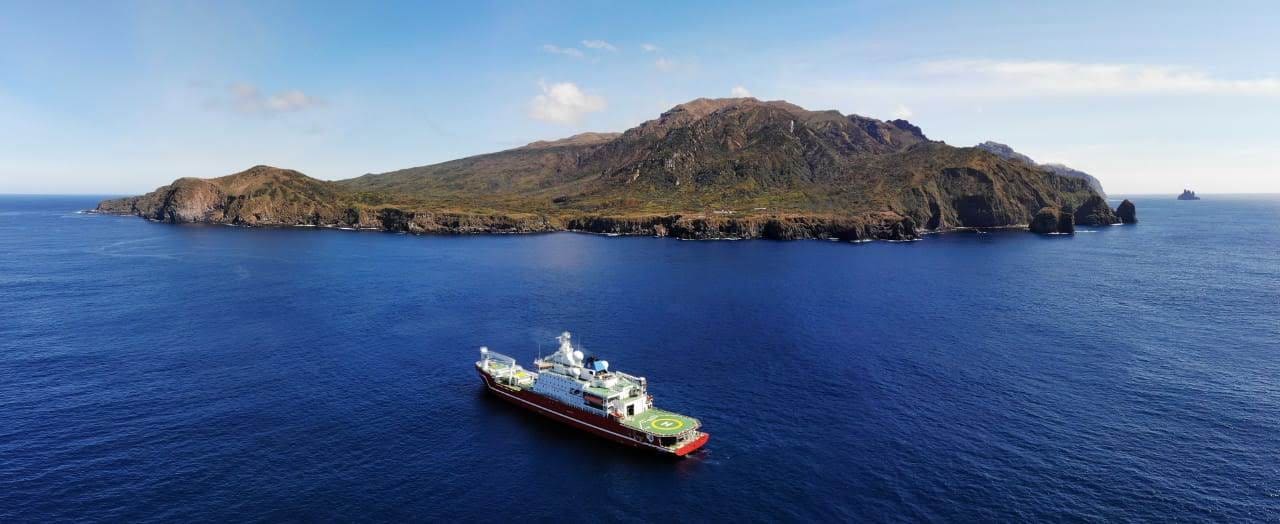
S.A. Agulhas II at Gough Island
Gough Island is a remote, uninhabited island in theTristan da Cunha archipelago, in the South Atlantic Ocean, more than 1,500 miles from Cape Town. Naturally free of land predators Gough has been an idyllic nesting ground relied upon by millions of seabirds including many who breed almost nowhere else.
Its importance for threatened species and sites of outstanding universal value earned Gough World Heritage Site status in 1995 and Important Bird Area status in 2013.
Mice were accidentally introduced to the island, most probably by sailors during the 19th Century. Since arriving on Gough they have learnt to exploit all available food sources on the island, including seabirds. Video cameras reveal how the mice eat the flesh of seabird chicks.  Tristan albatross chicks weigh up to 10kg, but open wounds inflicted over successive nights frequently lead to their deaths. Mice are now starting to attack adult seabirds too. The loss of adult birds adds even greater urgency to this extinction prevention project.
Tristan albatross chicks weigh up to 10kg, but open wounds inflicted over successive nights frequently lead to their deaths. Mice are now starting to attack adult seabirds too. The loss of adult birds adds even greater urgency to this extinction prevention project.
The Gough Island Restoration Project is recruiting Gough Island Field Assistants!

Field Assistants
This is an opportunity to be part of one of the RSPB’s biggest ever projects to save #seabirds on a stunning island in the South Atlantic Ocean! We are hiring 3 Field Assistants to be based on Gough Island from Aug 2020 – Sept 2021 to monitor bird populations following the restoration of the island.
Find out more about assistants and apply here:
Senior-field-assistant
Field-assistant
Photos: Michelle Most-excellent & Jones Chris Most-excellent Jones

by Ria Olivier | Mar 10, 2020 | Announcement, Antarctica, Current Event, Fellowship, News, Research, SCAR, Science, Stations
 INVITATION FOR INNOVATIVE RESEARCH PROPOSALS
INVITATION FOR INNOVATIVE RESEARCH PROPOSALS
40th INDIAN SCIENTIFIC EXPEDITION TO ANTARCTICA  (40-ISEA)
(40-ISEA)
National Centre for Polar and Ocean Research, an Earth System Science Organization (ESSO-NCPOR & erstwhile NCAOR), under the Ministry of Earth Sciences (MoES), Government of India, is the nodal agency for implementation of the Indian Antarctic Programme. Hitherto, thirty-nine scientific expeditions to Antarctica have been successfully completed. The fortieth Antarctic Expedition, scheduled to be launched in October- November 2020 is being initiated through this advertisement.
 -NCPOR operate two-year round stations in Antarctica, which are~ 3000 km apart
-NCPOR operate two-year round stations in Antarctica, which are~ 3000 km apart
The 40th Indian Scientific Expedition to Antarctica (40-ISEA) embarks on a new journey of scientific research. ESSO-NCPOR welcomes long-term innovative scientific proposals in thematic areas and its sub-themes in different disciplines. In addition to the ongoing programmes

Bharati Station
of different institutions, ESSO-NCPOR welcomes scientific projects under the following broad areas with area of focus being Amery Ice-Shelf in Prydz Bay region for multi-national, multi-institutional programme with special reference to geoscientific program viz identification of orogenic and cratonic components to arrive at a refined India-Antarctica geological correlation.

Maitri Station
Travel arrangements for all expedition members  from Goa to Antarctica and back is taken care of by ESSO-NCPOR. Travel only available in Summer Season
from Goa to Antarctica and back is taken care of by ESSO-NCPOR. Travel only available in Summer Season
Read more about the Expedition on the NCPOR website and download the Call for Research Proposal

by Ria Olivier | Feb 27, 2020 | Announcement, Antarctica, News, SA Agulhas II, SANAE, Take-Over Operations, Team member
 S. A. Agulhas II will be back in Cape Town Harbour at East Pier tomorrow 28 February 2020.
S. A. Agulhas II will be back in Cape Town Harbour at East Pier tomorrow 28 February 2020.
SANAE 58 will return to Cape Town Harbour tomorrow after more than 14 months away from home. With them the takeover team consisting of Department of Environment, Forest and Fisheries, Department of Public Works an Infrastructure and researchers. ALSA is looking forward add their legacy of images to the digital archive.

If you want to know more about what they have been doing while in Antarctica read all their newsletters available on the ALSA digital archive. SANAE 58 departed in December 2018 read more about S.A. Agulhas II heading south with SANAE58 on the SANAP website.

by Ria Olivier | Feb 24, 2020 | Announcement, Antarctica, Gough Island, Marion Island, Research, SA Agulhas II, SANAP, Southern Ocean, sub-Antarctic

South African National Programme (SANAP)
CALL
Deadline 30 April 2020
(NRF General Application Guide 2021; Grants Management and Systems Administration (GMSA)
SANAP is a region-specific, theme-driven funding instrument which supports research in the Southern Ocean, including the Prince Edward Islands, and in Antarctica. As a competitive funding instrument, the chief eligibility criteria are:
- Research in the geographic region of the Southern Ocean, including the Prince Edward Islands, and / or in Antarctica
- Alignment with the research themes as detailed in the South African Antarctic and Southern Ocean Research Plan (2014-2024)
- Scientific merit and quality of the research proposal
- Evidence of associated human capacity development
SANAP research addresses the research themes detailed in the South African Antarctic and Southern Ocean Research Plan (2014-2024), and is underpinned by the overarching South African Marine and Antarctic Research Strategy (MARS) of 2015. The Antarctic and Southern Ocean Research Plan (hereafter “the Research Plan”) is focused on an integrative systems approach to understanding the evolution of the earth systems and ecosystems in the 21st Century. The Research Plan provides the overarching framework of operations for SANAP research activities, and follows the integrated progression from Earth Systems to Ecosystems to Human Systems in the research themes. Human activities and socio-political complexities in this international arena are of equal importance.(1).
Specific research themes detailed in the Research Plan are: Earth Systems, Living Systems, Human Enterprise and Innovation: Southern Ocean and Antarctic technology and engineering
Social Sciences, Law and Humanities applications are especially encouraged, as are applications addressing innovation. Each research theme has a number of sub- themes, and applicants are strongly encouraged to familiarise themselves with the thematic focus of the Research Plan, as well as with the overall strategic context provided in the MARS (both attached hereto) so as to ensure that their applications meet the very specific scientific and strategic objectives of this funding instrument.
EXECUTIVE SUMMARY
The National Research Foundation (NRF) recognises that in order for South Africa to be internationally competitive and to meaningfully contribute to the global economy, the country must have the capability to understand the knowledge produced by others. This understanding can best be developed through performing research. Publicly funded basic and applied research is viewed as a source of new ideas, opportunities, methods, and most importantly, the means through which problem solvers can be trained.
The South African Antarctic and Southern Ocean Research Plan (2014-2024) serves to link South Africa’s comparative geographic and research advantage, regional stewardship and national interest considerations to research themes so as to stimulate systems scale integration of knowledge and understanding. This will not only strengthen South Africa’s profile and develop advanced skills, but in so doing will also support the Country’s geo-political and citizenship goals in both regional and global dialogues. The importance of South Africa’s geographical proximity to Antarctica and its position as a Southern Ocean2 littoral State cannot be overstressed.
South Africa also maintains bases at Marion and Gough Islands, administered by the Department of Environment, Forestry and Fisheries (DEFF). Marion Island and Prince Edward Island together form the Prince Edward Islands Group, annexed by South Africa in 1947. Gough Island is a British protectorate which hosts the South African meteorological station, which operates as part of an agreement between South Africa and the United Kingdom.
The country runs the risk of not fully utilizing or maximizing the benefits from this geographic advantage, owing to a lack of adequate human capital. This includes the risk that the country may own research platforms and facilities, but could be subject to a form of “knowledge colonization” from international quarters, many of whom already possess a critical mass of requisite skills. The SANAP is a long-term funding instrument designed to ensure the creation of a demographically balanced Antarctic research programme that strives for internationally competitive research, promotes inter-disciplinarity and creates links with other African countries.
(1)The South African Antarctic and Southern Ocean Research Plan (2014-2024)
(2).This area includes the Prince Edward Islands over which South Africa exercises undisputed sovereignty. The Southern Ocean is defined as the region south of Africa comprising the ocean and the sub-Antarctic Islands up to, and including, the Antarctic Continental Shelf Zone.

by Ria Olivier | Feb 13, 2020 | Announcement, News, Research, SANAP, Science

NRF General Application Guide 2021 -Grants Management and Systems Administration (GMSA)version 1
Published February 2020.
During the last three years the National Research Foundation (NRF) has embarked on a process designed to enhance and simplify the NRF administrative interface with Researchers, Students and Designated Authorities. This has been done by streamlining its application templates and its Call Opening process, in line with the forthcoming Research Support Strategies by the Department of Science and Innovation (DSI) and the NRF. These changes will create enhanced efficiency in receiving and processing applications and be more effective in prioritizing funding to best serve the NRF mandate. As a result of the streamlining, the NRF will publish the One Call for Applications for funding in February 2020 (Review Period 1) and others later in Review Period 2 under the following categories. Refer to Appendix 1 for the Review Periods.
Take note of closing date for SANAP call is 30 April 2020:  See page 11-13 (SANAP pg12). Download full document from Antarctic Legacy Archive
See page 11-13 (SANAP pg12). Download full document from Antarctic Legacy Archive

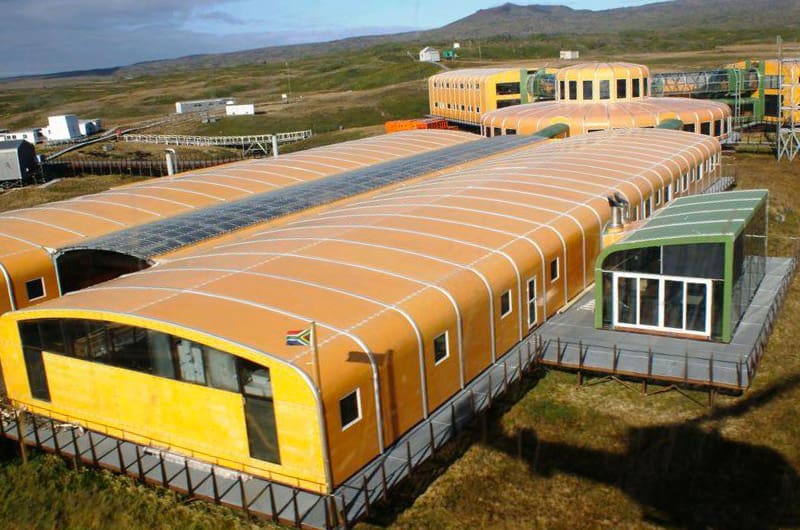 clarifies the recent evacuation of the Marion Island 76 over-wintering members
clarifies the recent evacuation of the Marion Island 76 over-wintering members
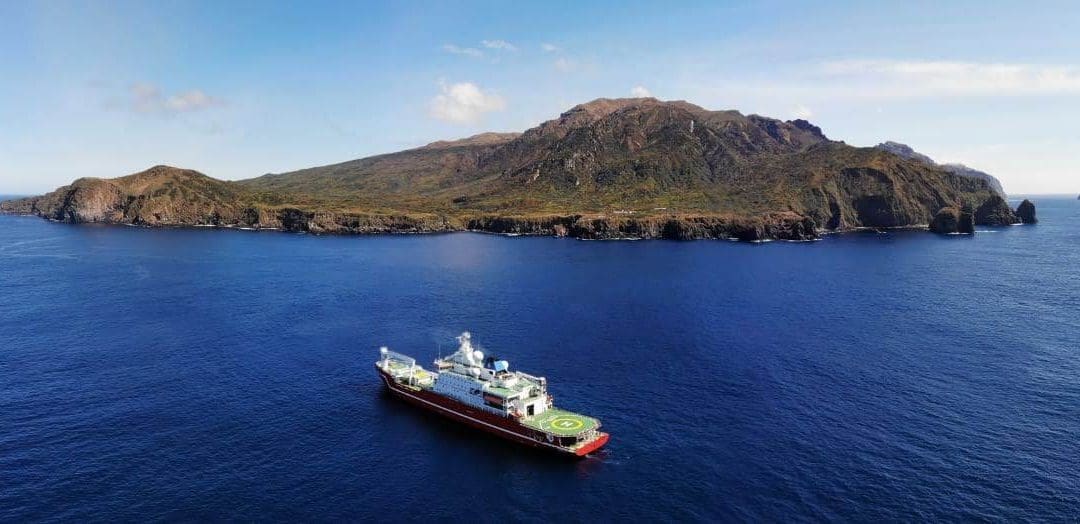

 Tristan albatross chicks weigh up to 10kg, but open wounds inflicted over successive nights frequently lead to their deaths. Mice are now starting to attack adult seabirds too. The loss of adult birds adds even greater urgency to this extinction prevention project.
Tristan albatross chicks weigh up to 10kg, but open wounds inflicted over successive nights frequently lead to their deaths. Mice are now starting to attack adult seabirds too. The loss of adult birds adds even greater urgency to this extinction prevention project.
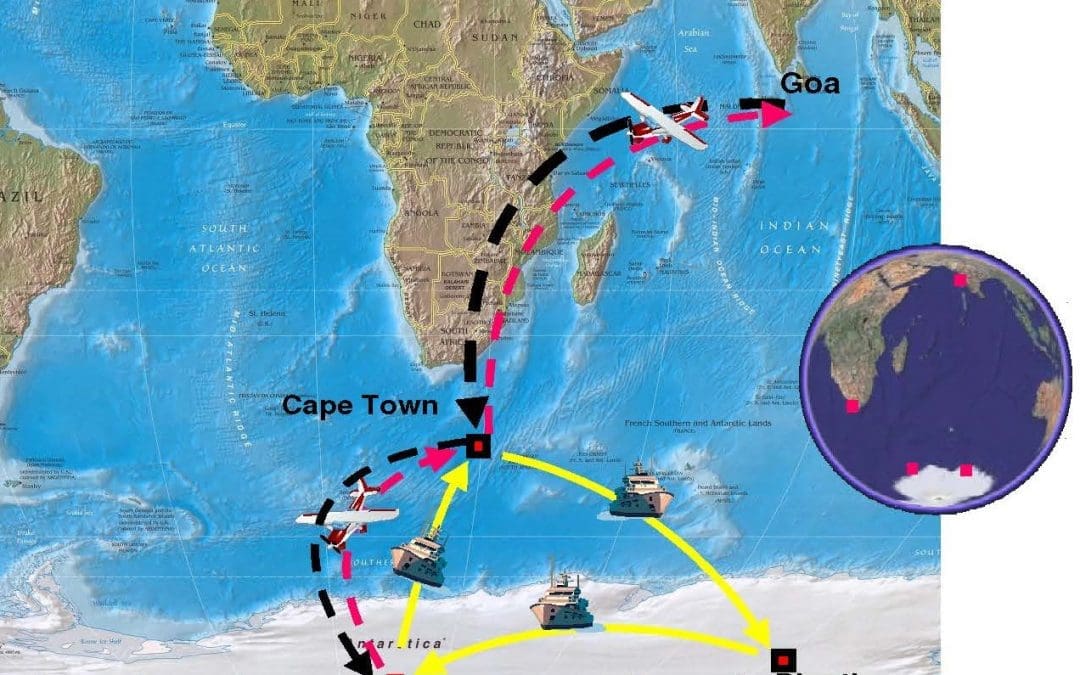
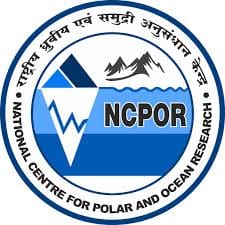 INVITATION FOR INNOVATIVE RESEARCH PROPOSALS
INVITATION FOR INNOVATIVE RESEARCH PROPOSALS  (40-ISEA)
(40-ISEA)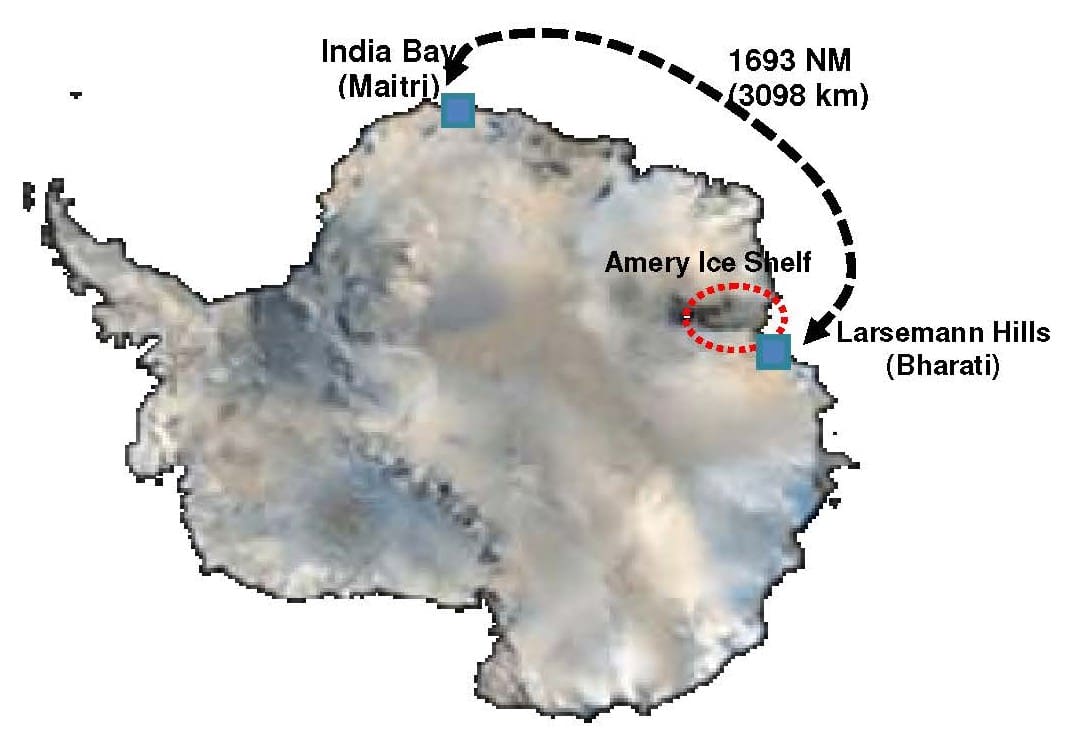 -NCPOR operate two-year round stations in Antarctica, which are~ 3000 km apart
-NCPOR operate two-year round stations in Antarctica, which are~ 3000 km apart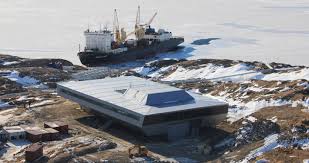

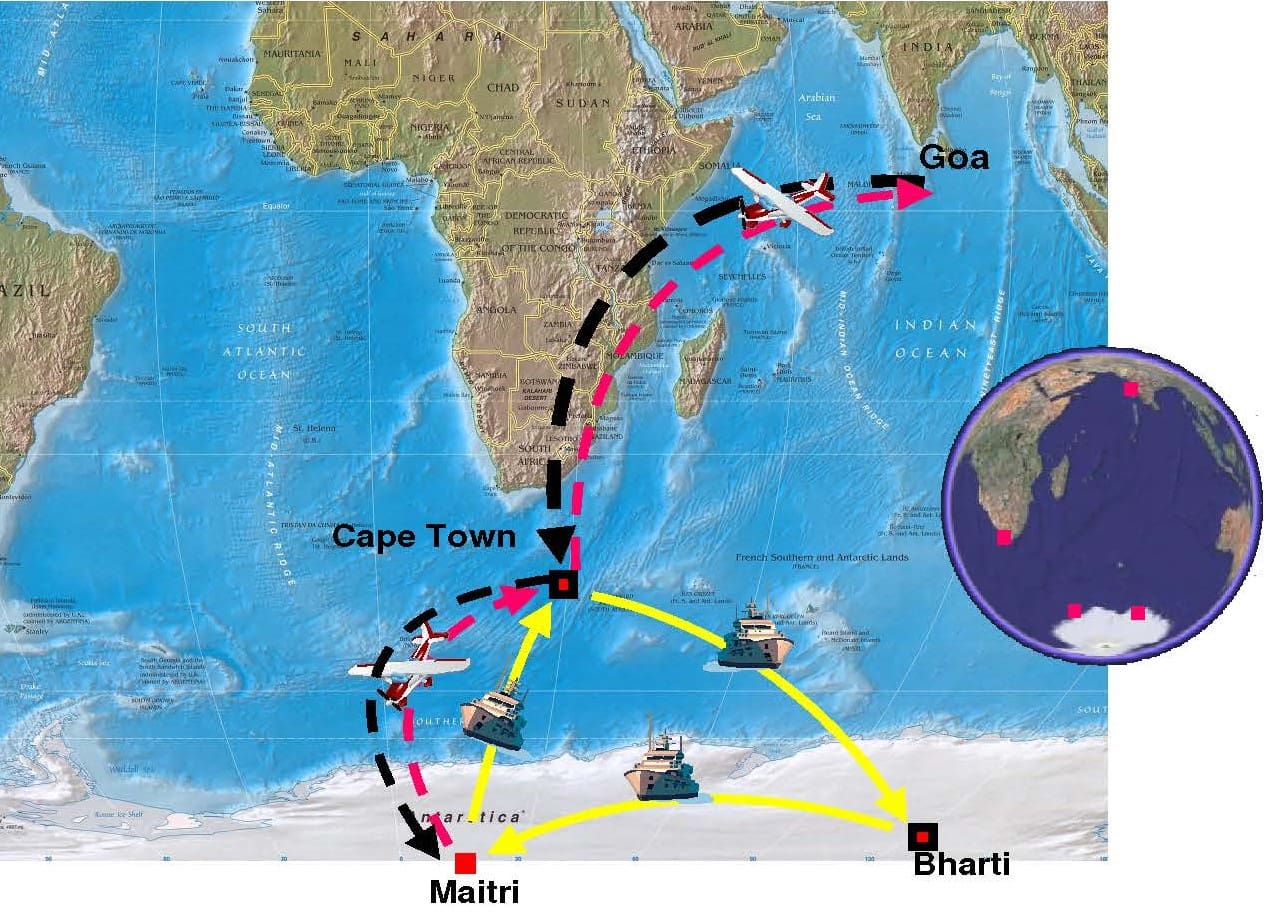 from Goa to Antarctica and back is taken care of by ESSO-NCPOR. Travel only available in Summer Season
from Goa to Antarctica and back is taken care of by ESSO-NCPOR. Travel only available in Summer Season
 S. A. Agulhas II will be back in Cape Town Harbour at East Pier tomorrow 28 February 2020.
S. A. Agulhas II will be back in Cape Town Harbour at East Pier tomorrow 28 February 2020.